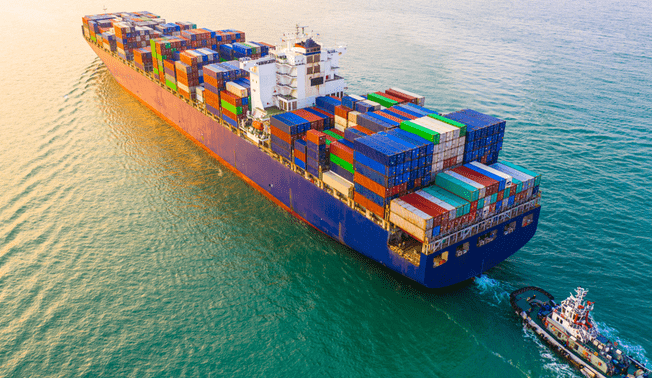Developments over the years have created an environment for closer alliance cooperation, in which carrier members would coordinate intermodal rail and trucking transport as a single entity. The number of major carriers has been cut in half, reducing complexity, and the industry’s use of and investment in capturing and analyzing port data to make better planning decisions has increased, according to Ron Widdows, former CEO of APL.
As alliance members build trust among themselves and cooperate better in managing ocean capacity, they are looking more to landside operations. HMM, for example, has switched its western US rail business to Union Pacific Railroad, so that it can gain efficiencies by sharing the same rail operator as fellow THE Alliance members Hapag-Lloyd and Ocean Network Express. BNSF Railway has been HMM’s primary western US rail provider for more than three decades.
Maersk Line and Mediterranean Shipping Co. are now offering premium services to slow or speed delivery on the port side, rather than sailing faster. Maersk this month said it will now offer such services at the ports of Durban, Barcelona, Felixstowe (UK), and Lázaro Cárdenas after the service began in Long Beach last year. Carriers able to mount expedited services will do better in the long run, as demand from customers to “get things to market quick” remains niche.
There is bound to be some feeling among carriers’ surface transportation providers, and even shippers, that increased alliance member cooperation on the land side equates to anticompetitive behavior. Those concerns miss the fact that carriers can only cooperate on operations, not pricing. New language encouraged by the US Congress and now a staple of major vessel-sharing agreements forbids alliance members from jointly contracting with third parties, whether that’s a tugboat provider or drayage company.
Source: JOC


